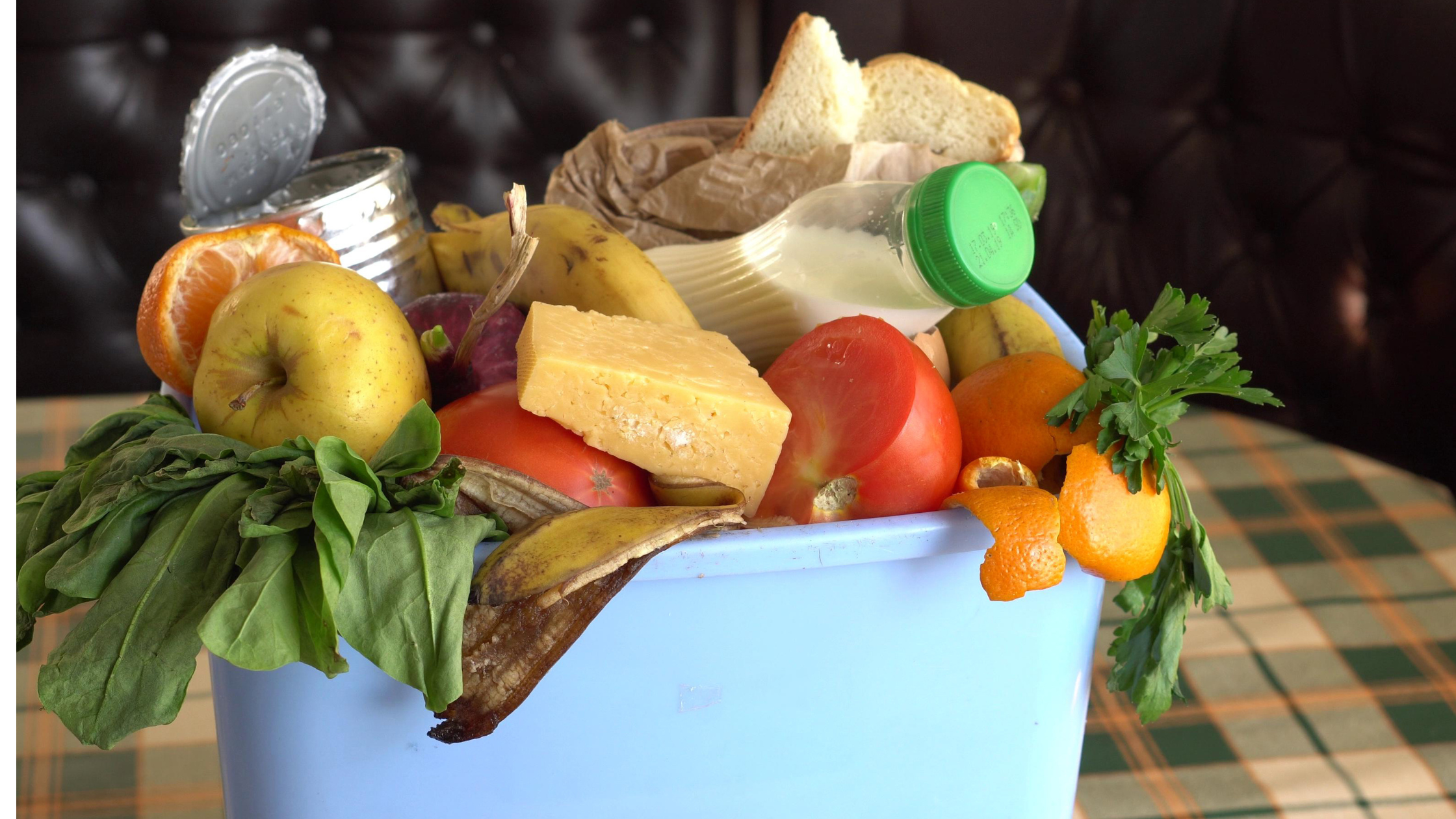How Plastic Shipping Boxes Can Help Reduce Food Waste
Food waste has become a significant concern in the US. According to Feeding America, about 119 million pounds of food is thrown away annually. This not only represents a staggering loss of resources but also has severe environmental and economic implications.
The good news is, produce packaging using plastic corrugated boxes for shipment has emerged as a solution that can help reduce food waste. It has proven to extend the shelf life of perishable products and is lighter and more durable than other options. Plastic packaging is also a more sustainable choice for agriculture growers, packers, and shippers.
What is Food Waste?
Food waste refers to the discarding or wastage of edible food, typically at various stages of the food supply chain; from production and processing to distribution and consumption. On the farms, many farmers leave their crops unharvested due to cosmetic imperfections or surplus output.
At the production and manufacturing stages, wastage may occur when food items are deemed suboptimal for sale or consumption. Further down the line, food often languishes in supermarket aisles, unsold due to aesthetic preferences or short shelf lives. The problem may also extend to households when leftovers are discarded, and products reach their expiration dates.
Why is it a Problem?
Food waste poses several environmental and economic challenges in the following ways:
Environmental Impact
Wasted food always ends up in landfills, where it decomposes and releases harmful greenhouse gases like methane, a potent contributor to global warming. In fact, decaying food is responsible for approximately 6% of global greenhouse gas emissions. Many resources, including water, energy, and land, are used in food production.
When food is wasted, these resources also go to waste, putting unnecessary pressure on the environment. Food waste also leads to biodiversity loss, requiring vast amounts of land to cultivate crops and raise livestock. This conversion of natural habitats for agriculture has detrimental effects on ecosystems and wildlife populations.
Economic Impact
Agricultural growers, packers, and shippers bear substantial losses due to food wastage. They invest in growing and shipping produce, only to see a portion spoil or expire. Feeding America estimates that the annual financial value of food the agricultural industry wastes is approximately $408 billion.
Food waste has economic implications beyond the industry. It leads to higher food prices for consumers, as the cost of the spoiled products is eventually passed on to the end consumer. This strains household budgets, especially for low-income families, who may already struggle to afford nutritious meals.
The Benefits of Plastic Corrugated Shipment Boxes
Plastic corrugated shipment boxes are an effective way to reduce food waste for various reasons. These containers are made from polypropylene plastic with an ultrasonic weld, meaning they are much sturdier and more durable.
The plastic corrugated packaging is 100% water-resistant; you won't have to worry about food spoilage caused by moisture, leaks, or spillage. It can be perfect for preserving frozen or chilled food.
Moreover, unlike wax corrugated boxes, plastic corrugated shipment boxes are lighter. Agricultural growers can handle them easily when packing produce from the field and transporting them to manufacturers and consumers. The lightweight aspect also translates to lower freight rates and less emissions.
Why Plastic Corrugated Packaging is a Better Option
Contrary to some perceptions, plastic packaging can be an environmentally friendly choice when used responsibly. Extending the shelf life of perishable products helps shrink the amount of food that ends up in landfills, resulting in lower methane emissions. Plastic packaging also contributes to sustainability through energy efficiency.
This is because the production of plastic materials requires less energy compared to other alternatives like glass or metal. It contributes to a lower carbon footprint. The lightweight design of plastic packaging makes it appropriate for transporting agricultural produce. Shippers use less fuel to move produce, decreasing greenhouse gas emissions.
Also, many plastic packaging materials are recyclable, allowing for the creation of a closed-loop system. This minimizes the need for virgin plastic production and helps mitigate the environmental impact of plastic waste.
Learn More About Reducing Food Waste Using Plastic Packaging
Plastic packaging helps reduce food waste by extending the shelf life of perishable products and lowering loss during transportation while contributing to sustainability. Industry Plastic is your go-to expert in this field. Contact us or explore our range of environmentally friendly packaging solutions, including Friendly Box, and learn how we contribute to a greener, waste-free future.
